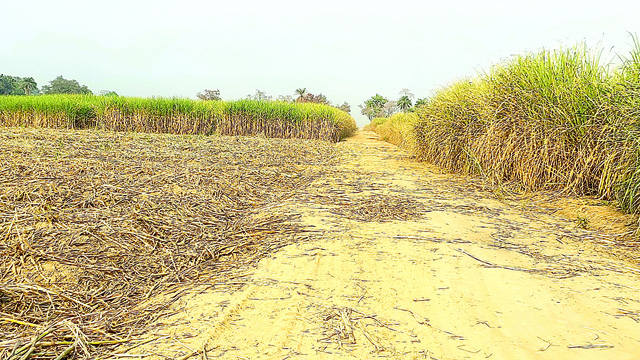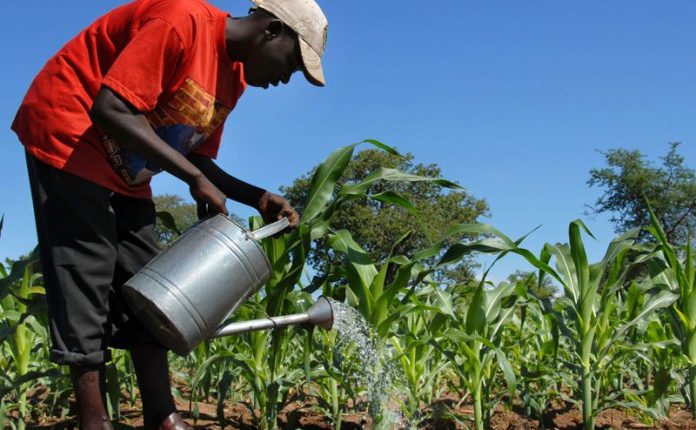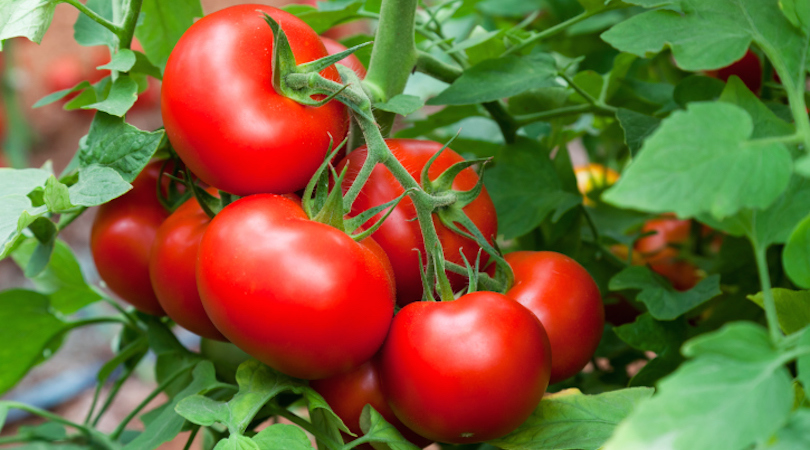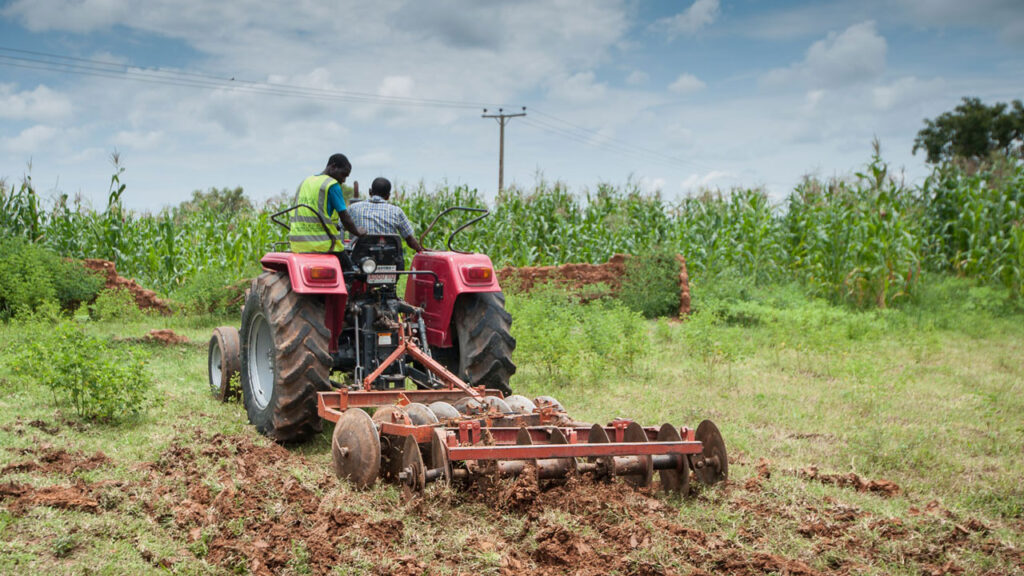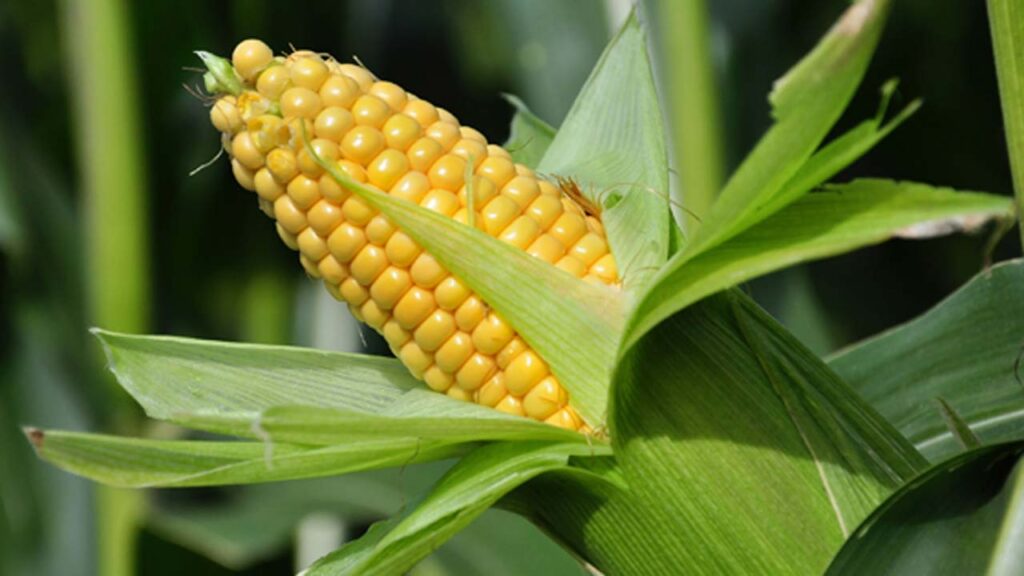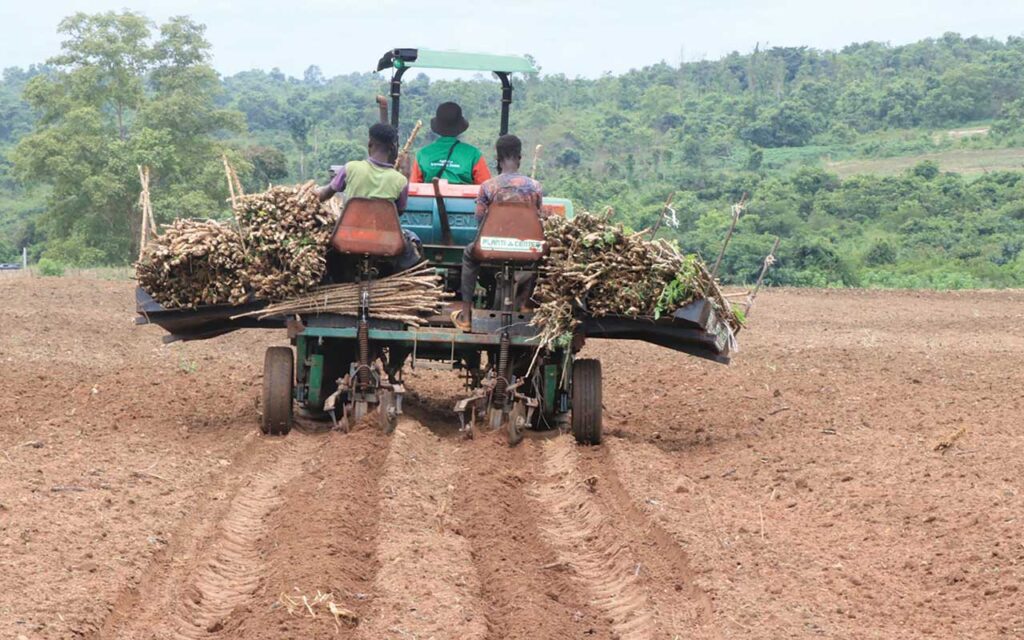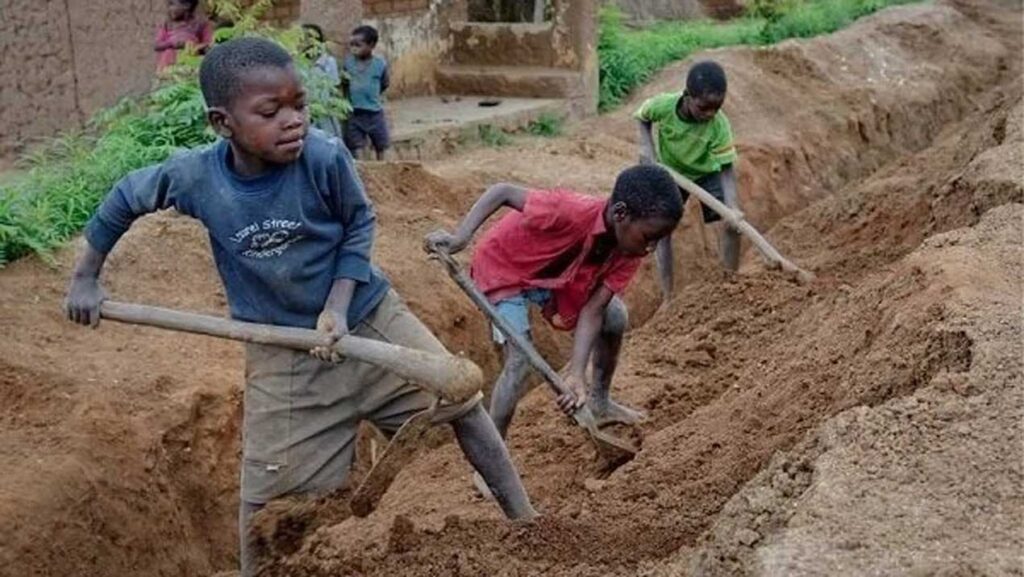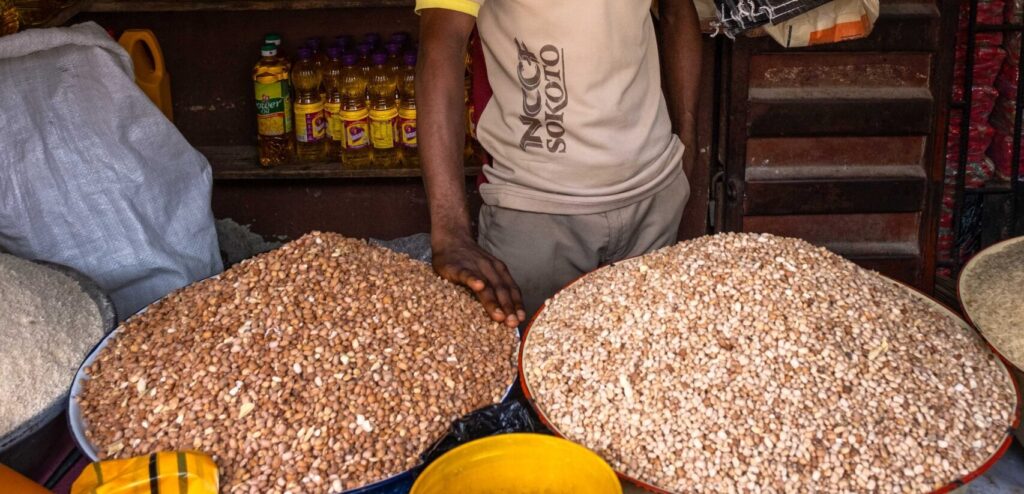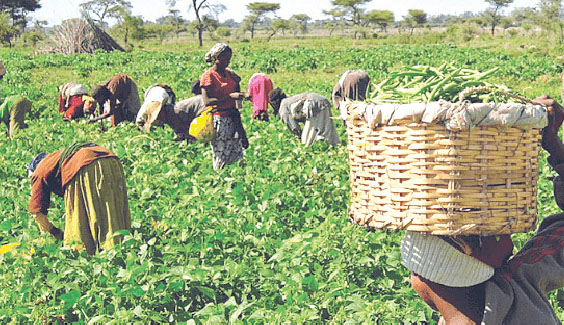
Primarily, this is attributed to the challenge of sugarcane cultivation and processing to finished products.
However, Flour Mills Nigeria (FMN) is already changing the narrative through its various interventions in the sector, with a view to principally repositioning the sugar value chain.
During a tour of the Sunti Golden Sugar Estates, situated in Mokwa, Niger State, recently, The Guardian observed that the company has completely redefined the logic of sugar production processes, with the adoption of various models and strategies from cane cultivation to refined sugar.

Located on the bank of the River Niger, it was designed to save Nigeria $100m in foreign exchange yearly, with the production of one million tons of sugarcane, which roughly translates into 100,000 metric tons of sugar yearly.
The initiative, unveiled in 2018, is yet another important project, considered as the single most substantial investment made by the organisation in Nigeria, with an investment of N73b so far.
The plantation currently cultivates 3,500 hectares (ha) of irrigable farmland and a sugar mill that processes 3,500 tons of sugarcane daily, in addition to the capacity to crush 800 tons of cane, producing 100,000 tons of sugar.
Besides, the estate has capacity to irrigate 5,000ha with a total of 12 irrigation pump stations; five drain pump stations with combined capacity of 14 cumec.
Currently, the company has successfully united the industry and agriculture; created jobs; developed capacities, and enriched the livelihoods of members of its host communities.
The company has ensured that its host communities benefit from its existence through the provision of roads, the building of schools, electrification, and delivery of healthcare services among others.
For instance, instead of adopting mechanised farming, which saves cost and time, the company adopted manual labour for some of its activities, just to provide job for the members of the host communities.
With 4,200 workers in its employ and a target of 7,000 direct and 50,000 indirect jobs for the value chain, 200 housing units were provided to cater for staff accommodation and 40 port cabins to reduce the stress of commuting from their houses to the factory.
In addition to two guesthouses with 14 rooms, there is also provision of housing units for 1,600 cane cutters and another housing units for 1, 200 workers still under construction.
It has also given preference to the female folks that specialise in planting the canes and 1,500 workers that specialise in crop maintenance and irrigation.
One of the leaders of the planting team, Ramat Labran, a National Certificate of Education (NCE) holder in Home Economics, said the company has impacted the host communities greatly. “From my salary here, I assist my parents; I sponsor my younger ones to school, same applies to other workers.
“I have learnt a lot here. Back then in school, I belonged to the Food and Nutrition department, I had little knowledge about planting, but getting here, I have deep knowledge about different varieties of sugarcane. I can identify the seed that can germinate and other strategies of planting sugarcane.”
The Agric Manager of the farm, Muhammed Usman Ibba, who is overseeing the 3,500ha plantation, said close monitoring of the cane species and several strategies adopted by the company have helped to stimulate the success story of the company.
“We don’t just get cane variety because of its history, when we bring them here, we make the cane undergo thorough tests, we give the varieties close monitoring because our target is different.
“Another area we are doing things differently is the manpower. Manpower is not about the variety of cane or expanse of land, but the welfare of the workers, which we consider as paramount. We have camps for workers and also provide for their needs, we give them lunch and dinner, which is not part of their salaries. We also do soil tests, to determine what we need to plant.
“We started from 64ha to 3,500ha and this is just about 20 to 25 per cent of what we should have achieved here.”
As part of its Backward Integration Policy, a total of 12 outgrowers were sponsored to Mali to learn the best agronomic practices in sugarcane cultivation.
One of the outgrowers, Issa Hussein Lwafu, a resident of Lwafu community, said the scheme started about three years ago, with 34 communities. “We were trained by the company on the best agronomic practices of cultivating sugarcane, after which we were provided free land, irrigation facilities, seedlings, chemicals and extension agent, who from time to time, provide us with advice and support.
“Each of the host communities was given an hectare each, which we utilise for the outgrowers scheme. But during the last flooding incident, when the River Niger overflew its bank and destroyed our plantations, the company still compensated us, despite the enormity of the flood. This year, they have given us the necessary things for cultivation.”
Lwafu said before the coming of FMN, communities in the area were predominantly rice farmers, “but when the FMN came here, we actually saw the difference between the previous crop we engaged in and this initiative, we also benefited immensely. For instance, our children who have completed their schooling now have opportunity to work in the company.
“Secondly, the communities have discovered that it is very lucrative to cultivate sugarcane than rice because it brings a lot of returns more than rice cultivation and that’s why their coming is actually a blessing to Mokwa people.”
It was learnt that the farmers were given an expanse of land for personal cultivation of rice, to make extra income.
It was learnt that wastes from the production process are used to generate six mega watts of electricity to power the entire factory and estate, saving them a huge amount of money that would have been expended on electricity supply, in addition to conversion of the remnants to composite manure used as fertilizer on the farm.
Industrial analysts are of the views that if such model is emulated across the country, especially for the rice and cassava sectors, Nigeria will not only reduce importation of food; it will also create jobs across states, to reduce capital flight.
The General Manager of the company, Anlo du Pisani, revealed that as part of its Backward Integration Programme (BIP), it is targeting 21,000ha of sugarcane plantation; 2,200 tons of cane; and 250,00 tons of sugar, that will create 12,500 direct jobs
“Currently, development is being done in our two sites – Sunti Golden Sugar Estates, situated 30km east of Mokwa on the left bank of the Niger river, with 22,000ha of land already developed and Umaisha in Nasarawa State, situated on the right bank of the Benue river, 30km east from the confluence of the Benue and Niger Rivers. A total of 20,000ha land has been developed.”
Pisani said that part of the company’s BIP workplan for this year, include development of 15,000ha under cane cultivation and 5,000ha as integrated outgrower scheme. “To achieve this target, our workplan for this year consist of – Sunti 1 (Low Land Development), plough out plan on 850ha and further development of Sunti 1by adding another 700ha of new planting area; to cater for higher crop increase cane haulage capacity by addition of harvesting equipment and modifying the cane carrier with tippler to accommodate all methods of cane haulage; further strengthening of dikes and extension of the outgrower programme.
“For Sunti 2 and 3 (Upland Development), we are developing 5,000ha under drip irrigation. We are planning to build 33km of haulage road; construction of site office; provision of accommodation for employees and workers; construction of offices and stores; dredging of 12km of Niger River water supply channel; construction of primary pump station with 20,000 million litres capacity per hour; installation of 12.5km bulkwater pipeline lifting water; construction of 200,000m reservoir and secondary pump station, among others.”
Like most of its investments in the agricultural sector, it was obvious that the Sunti Sugar Estates is uplifting the living standard of people particularly those in the rural areas, strengthening capabilities of small-scale farmers and providing them easy access to the market.

